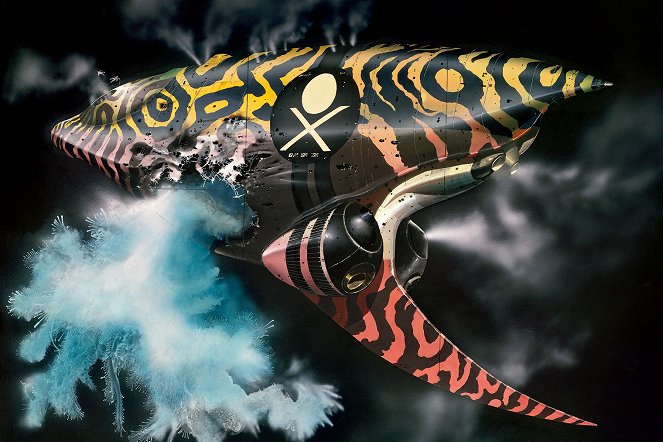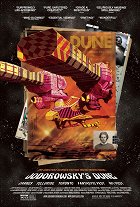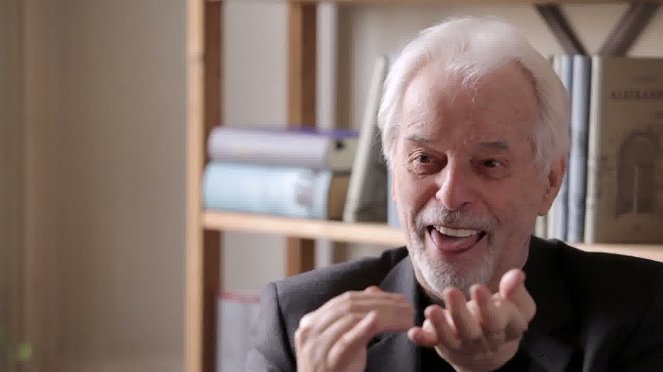Rendező:
Frank PavichZeneszerző:
Kurt StenzelSzereplők:
Alejandro Jodorowsky, Nicolas Winding Refn, H.R. Giger, Brontis Jodorowsky, Gary Kurtz, Drew McWeeny, Christian Vander, Richard StanleyTartalmak(1)
Like Terry Gilliam's Quixote or so many other projects that have fallen by the wayside, the adaptation that Jodorowsy wanted to do of Dune succumbed to a sort of curse. But mind you, beyond the two years of work and millions of dollars spent, what's left of what that movie could have been is the mark of its brilliant participants: from Giger to Jodorowsky himself. (Sitges Film Festival)
(több)Videók (2)
Recenziók (1)
Raping Frank Herbert with love. Jodorowsky’s Dune is a rarely balanced documentary that, depending on your own personal affection for unorthodox Chilean surrealists, you can view as: a) entertaining proof that Alejandro Jodorowsky is a madman and megalomaniac (no one else would have involved such egocentrics as Welles, Dali and Jagger in a single film under the assumption that the project would not fall apart before the first clap of the clapperboard); b) sad proof that, in the better case, true visionaries will be appreciated only many years later. These two options are not mutually exclusive, nor is one favoured over the other, thanks to which we simultaneously find out not only how Jodorowsky’s fourth feature-length film might have looked, but also who Jodorowsky actually is. The entertainment aspect of the programme is provided primarily by the man himself, who perpetrates the same violence against the English language that he wanted to perpetrate against Dune (which, like many of the people involved here, he apparently hasn’t even read). Pavich leaves Jodorowsky’s full statements in the film, does not censor his more outlandish mental excretions and doesn’t try to present him as a far-seeing genius who always knows exactly what he is doing and saying. The absurdist dimension of the stories, reminiscent of the jokes with which the surrealists kept each other on their toes (Buñuel’s autobiography My Last Sigh came to mind on more than one occasion), is subtly supported by the accompanying visual material. The difficult effort to persuade Dali to take part, which evidently played out in Los Angeles, Paris and Barcelona, is illustrated with shots from the aforementioned cities so that we can appreciate Jodorowsky’s abnormal determination – and at least in the case of LA, the filmmakers took it upon themselves to visit the same establishment where the conversation between the two surrealist pranksters supposedly took place. In contrast to that, the reconstruction of how Jodorowsky’s Dune might have looked is done in a completely serious manner, which is greatly aided by the captivating background music, which brings Moebius’s storyboards to life. It is truly impressive. In the end, when it is shown how the rejected project got to Hollywood only through various side channels, it is even touching. Jodorowsky’s Dune is required viewing for all film lovers who want to experience the intense feeling of learning at first hand about a work that was never made...thanks to which it could become a legend. 90%
()
Galéria (9)
Photo © ARTE France


